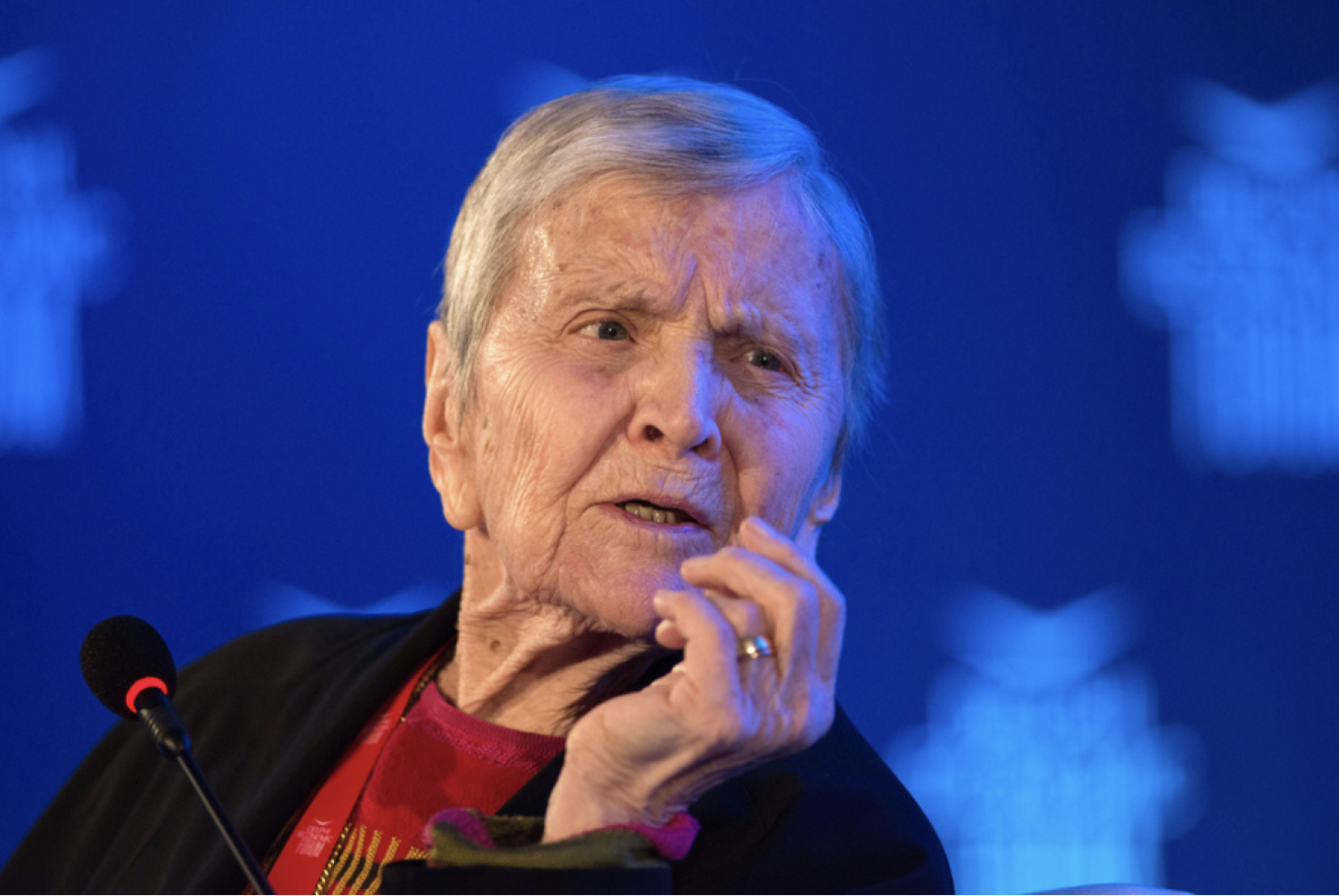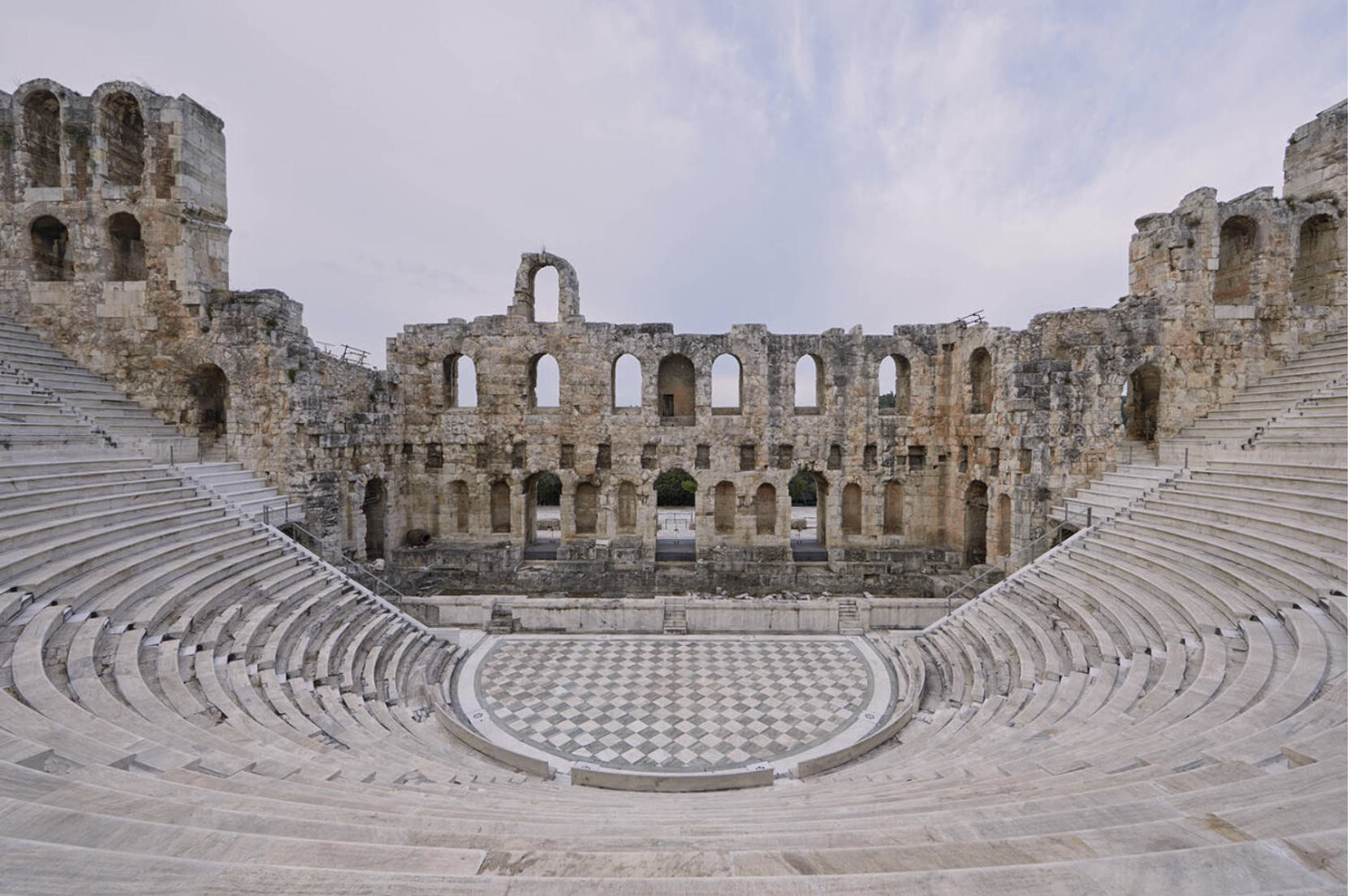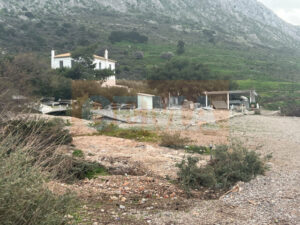The defining ideological war of the 21st century is between countries governed by the rule of law, in favor of building and maintaining a rules-based international system, and lawless states that seek to revert to an anarchic world order “where the strong do what they can and the weak suffer what they must.” The former is represented by the West, led by the United States and the European Union (EU). The latter include revisionist powers such as Russia and Turkey.
Given its strategic location at the crossroads of Europe, the Middle East, and North Africa, the Republic of Cyprus has an important role to play in this ideological contest. Whereas Nicosia is 1,000 kilometers from Athens, it is only 250 kilometers from Beirut, 330 kilometers from Damascus, 600 kilometers from Cairo, 1,000 kilometers from Baghdad, and 1,600 kilometers from Tehran. What’s more, Cyprus also provides easier access to the Black Sea than Italy or France. Thus, including Cyprus in the U.S.’ grand strategy by expanding bilateral and multilateral security agreements would enable the U.S. to project power on at least three different axes.
Scientists say exoplanet 100 light years from Earth may be covered with deep ocean
Over the years, Cyprus earned the nickname “Moscow on the Med” by courting Russian capital. When landing in Larnaca or Paphos, tourists are greeted in Russian alongside the local Greek and English because of the overwhelming Russian presence. In Limassol, the second largest city in Cyprus, more than 1 out of every 5 people is Russian. Last year, the Central Bank of Russia reported that Cyprus was the top destination for Russian foreign investment—at a whopping $193 billion. To put this colossal figure into perspective, the second and third preferred destinations for Russian foreign investment were the Netherlands at $32 billion, and Austria at $29 billion. The Nicosia-Moscow connection, like Turkey’s continued occupation of Cyprus, is a failure of EU and U.S. foreign policy.
Read more: Newsweek
Ask me anything
Explore related questions





